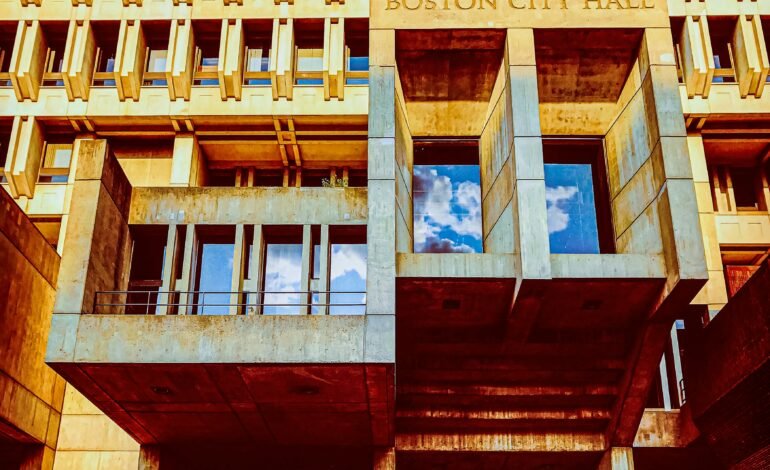Boston defies Washington over sanctuary city policies
Photo by CDMA on Unsplash The U.S. Department of Justice sent letters on August 13 to several jurisdictions classified as “sanctuary cities,” accusing them of interfering with the

Photo of CDMA in Unsplash
On August 13, the U.S. Department of Justice sent letters to several jurisdictions classified as "sanctuary cities," accusing them of interfering with immigration enforcement. Among them was Boston, whose government received a direct warning:
Eliminate local policies like the Boston Trust Act or risk losing federal funding and facing criminal prosecution.
The letter, signed by Attorney General Pam Bondi, demanded that Mayor Michelle Wu respond by August 19, confirming “full compliance with federal law” and detailing immediate steps to reverse the regulations deemed unlawful.
Wu: “Boston will not give up”
At a press conference in front of City Hall, Mayor Wu rejected pressure from the federal government.
“Stop attacking our cities to hide your failures. Boston follows the law. And Boston will not give up,” he declared.
Hours later, Wu sent a formal letter to Bondi, in which he accused the administration of using intimidation as a political strategy:
“Threatening to prosecute local officials and illegally withholding funds is an unprecedented attack on our communities,” he wrote.
Defending the Boston Trust Act
At the heart of the dispute is the Boston Trust Act, a law that prohibits local police from collaborating with immigration agents without a warrant. For Wu, this policy ensures that all residents—including immigrants—can report crimes without fear of deportation, which strengthens public safety.
“Boston is the safest large city in America thanks to decades of community cooperation, strict gun laws, and local policies that protect all of our neighbors,” Wu said in his response.
Legal arguments and local sovereignty
Wu backed up his position with recent court decisions. He cited rulings in Illinois and California, where federal courts upheld the principle of "antitrust" by the central government, meaning that Washington cannot force states or municipalities to implement federal programs.
He also recalled the Massachusetts Supreme Court ruling in Lunn v. Commonwealth (2017), which prohibits police from detaining people solely on immigration warrants.
“The United States Constitution protects the right of local governments to define their public safety policies.”, said the mayor.
The threat of cuts and a climate of tension
The federal government has warned that jurisdictions that maintain sanctuary policies could lose school grants, highway funding, and even hospital and research contracts. Bondi also suggested that local officials could face criminal charges.
Wu, however, assured that the city will not bow to “unconstitutional threats or unlawful coercion”:
“Boston will never cease to be a beacon of freedom and a home for all.”
A broader front
Boston is on a list of 35 jurisdictions being targeted by the Department of Justice, along with 17 other cities and 12 states. Several mayors have stated that, beyond political differences, the debate jeopardizes cooperation between local communities and the federal government on security and development issues.
With this new confrontation, Boston finds itself at the center of a political and legal battle. It remains to be seen how the White House will respond to Mayor Wu's press conference and letter.
For more stories like this, follow More Latin.
Sources:
